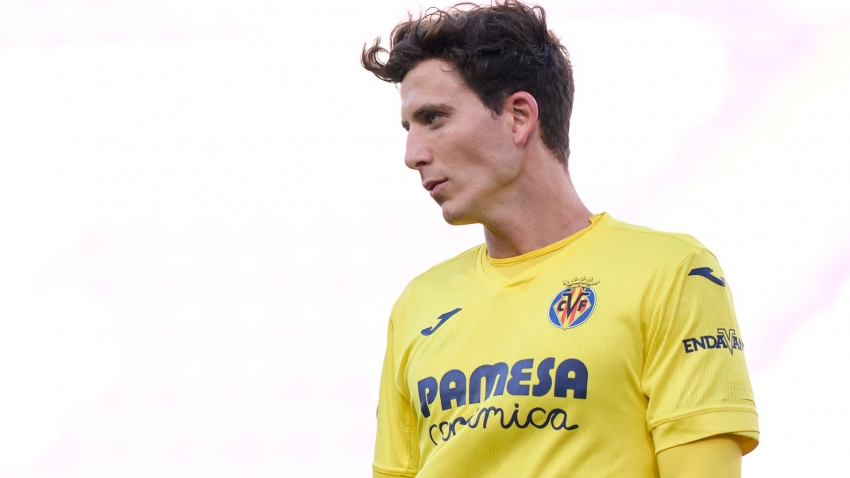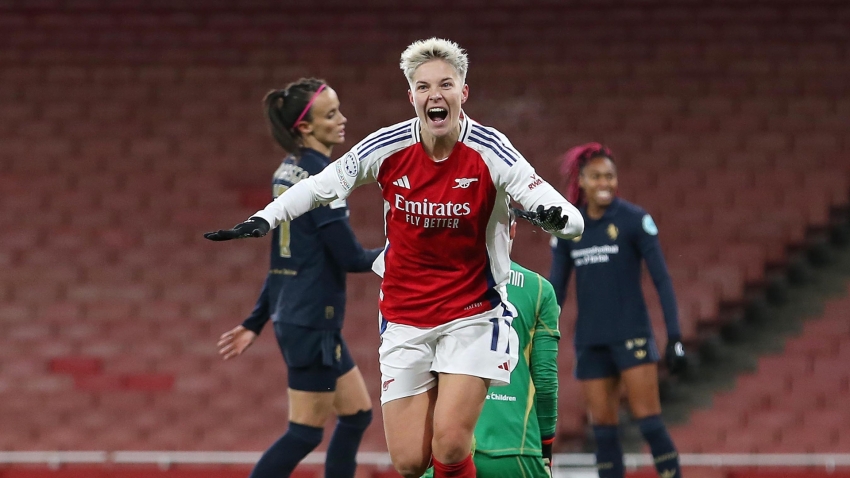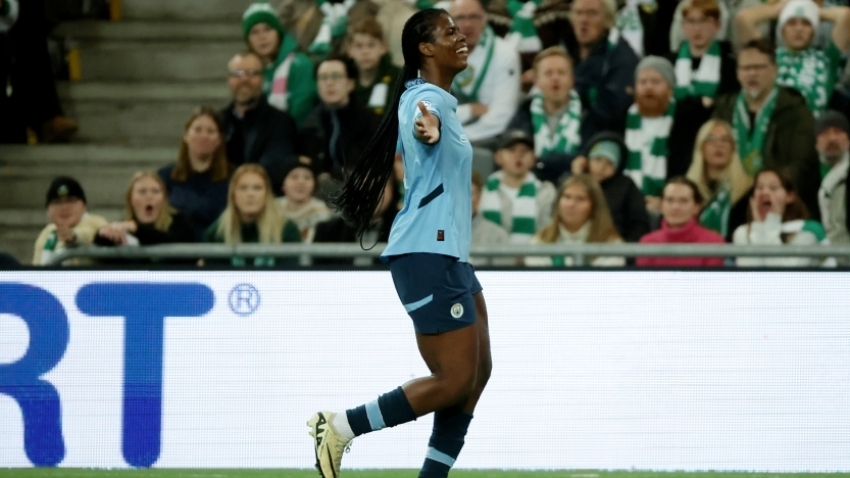While it will not be the main item on the agenda, it is fair to say that Manchester United's centre-back strength will be under the microscope in Wednesday's Europa League final against Villarreal.
Of course, any apparent issues at the back will be drowned out – at least initially – if Ole Gunnar Solskjaer guides United to their first piece of silverware during his tenure.
However, as the game approaches, it is at the heart of their defence where United's biggest problem lies, with Harry Maguire unlikely to be fit for the game.
Love him or loathe him, there is little doubt Maguire has been United's best – and certainly most present – centre-back since he joined the club in 2019, with the defeat to his former club Leicester City earlier this month the first Premier League game he had missed for the Red Devils.
He did not feature in any of the final four league fixtures and, even though he has travelled to Gdansk, a starting role seems highly unlikely.
Therefore, it will either be down to former Villarreal man Eric Bailly or Axel Tuanzebe to partner Victor Lindelof – either way, it is hardly the most convincing of partnerships.
If United are to bridge the gap to Manchester City, it has been a long-held belief of many pundits and columnists that centre-back is one of the few areas they have significant room for improvement in, with the options available in Maguire's absence highlighting that.
Up against them on Wednesday will be Pau Torres, a central defender who has been linked with some of the world's biggest clubs, including United. Could he be the long-term answer they are looking for?
The playmaker at centre-back
Maguire has enjoyed a solid season for United, his influence at the back made all the more notable in the two matches they have lost without him. The main question mark is over the man next to him, which is usually Lindelof.
For a period last year, it appeared as though United would try to bring in a left-footed centre-back to partner Maguire, who would be allowed to shift back to the right side of the pairing.
Nathan Ake seemed an obvious candidate given Bournemouth's relegation and the fact Solskjaer appeared to indicate his interest in the Dutchman after a game against the Cherries – his comments caught by a nearby television camera.
He went to Manchester City instead, but Torres has a similar profile in that he is a left-footed centre-back who is praised for his ability on the ball.
Playing out from the back has been a frequent aspect of United's play under Solskjaer, and Torres would certainly fit in – his tally of 747 forward passes in LaLiga this term were bettered by only Jules Kounde (918) and Clement Lenglet (812) in terms of fellow defenders.
Where he does better than both, however, is bringing the ball out of defence. His 432 progressive carries – movements that take the ball more than five metres upfield – is 42 more than any other LaLiga defender, while he has carried the ball 4,784.4 metres up the pitch, again a high for the league.
This has even translated into having an attacking influence, with his two assists at the end of a carry only bettered by Jose Gaya – a full-back – among defenders. In fact, he's the only centre-back to get more than one assist in this fashion.
It all demonstrates how useful and reliable Torres can be for a team that wants to build from deep. Stylistically at least, it would seem the Spain international could be a great fit for United.
Room to grow, or not enough of an upgrade?
Despite the acclaim Torres has received over the past two seasons, there are those unconvinced by some of his defensive skills.
He has been accused of being too prone to making snap decisions, which does not tend to bring positive results for him in one-on-one situations, while it has also been pointed out that his communication with a partner can be poor, especially when it comes to offside traps.
The other potential issue is, while Torres is undoubtedly a wonderful player technically and arguably the most gifted centre-back in that regard in Spain, his weaknesses are similar to those already seen from Lindelof during his time at Old Trafford.
The problem many have with Lindelof is that he too often appears uneasy in physical confrontations, while also looking uncomfortable against nimble forwards.
Torres is athletic – tall, quick and strong, but he still seems unsure how best to use those physical traits at times, and his defensive numbers are not an upgrade on Lindelof.
The Sweden international averages more aerial challenges (3.5) and aerial wins (2.2) per 90 minutes than Torres (2.7 and 1.7) in the 2020-21 season, while their frequency of being involved in duels is very similar: 5.8 for Lindelof and 5.5 per game for Torres.
Torres does win more of those duels on average (3.4 to 3.3), but the difference is negligible. As for their respective abilities to sniff out danger, Lindelof also comes out on top with regards to interceptions, averaging 1.1 per game to Torres' 0.7.
Such metrics can often be skewed when an individual – in this case Lindelof – is playing for a team expecting to spend more time in possession against most opponents they come up against.
It underlines that Torres is generally a passive centre-back, which is not necessarily a bad thing, as Maguire is rather different, but it is a key aspect United would have to take into consideration if they are to make a move for him.
The caveat for Torres' blind spots, however, is that he is still only 24 and 2020-21 is just his second full season in LaLiga – he does have plenty of time to develop.
His exceptional technical skills at least provide him with a solid platform to build from, but would the other side of his game mean he would be considered an upgrade over Lindelof?
The Europa League final will be his final audition and an opportunity to prove how his strengths outweigh any weaknesses.































